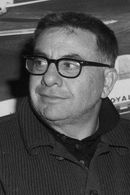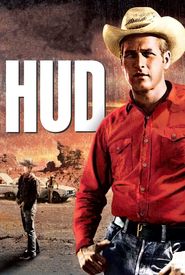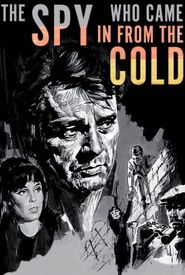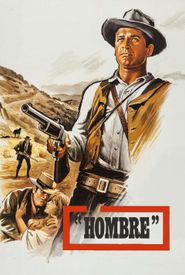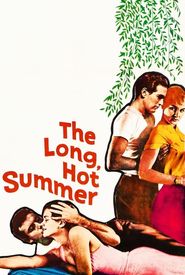Martin Ritt, a renowned American filmmaker, was a multifaceted artist who excelled as a director, actor, and playwright. Born in New York City, his films showcased a profound and intimate humane vision of his characters.
Ritt's early life was marked by stark contrasts between his New York City upbringing and the Depression-era South, which instilled in him a passion for expressing the struggles of inequality. He attended Elon College in North Carolina, where he played football, and later transferred to St. John's University.
After leaving college, Ritt found work with a theater group and began acting in plays. His first notable performance was as Crown in "Porgy and Bess." The success of this role led him to conclude that he could only be happy in the theater.
Ritt then worked with the Works Progress Administration as a playwright for the Federal Theater Project, a government-funded theater support program. This experience heavily influenced his worldview, and he became a leftist who found common ground with some Marxist principles.
Ritt continued his career in the theater, working with the Group Theatre of New York City, where he met Elia Kazan, who cast him as an understudy in his play "Golden Boy." Ritt's social consciousness and political views continued to mature during his time with the Group, and he later assisted Kazan at The Actors Studio.
During World War II, Ritt served in the U.S. Army Air Forces and appeared as an actor in the Air Force's Broadway play "Winged Victory." He also directed a production of Sidney Kingsley's play "Yellow Jack" during the Broadway run of "Winged Victory."
After the war, Ritt became a successful television director, but his career was cut short by the "Red Scare" of the 1950s. Although not directly named by the House Committee on Un-American Activities, Ritt was mentioned in a right-wing newsletter and was eventually blacklisted by the television industry.
Ritt returned to the theater and eventually turned to film directing, making his debut with "Edge of the City" in 1957. The film was an important opportunity for Ritt to express his experiences and themes, including corruption, racism, and the importance of mercy.
Ritt went on to direct 25 more films, including "The Long, Hot Summer," "Hud," "The Great White Hope," "Norma Rae," and "Murphy's Romance." Throughout his career, Ritt's films reflected his profound and intimate humane vision of his characters, and he became one of the most respected and successful filmmakers of his time.
